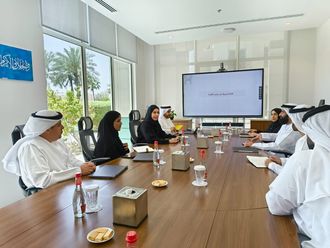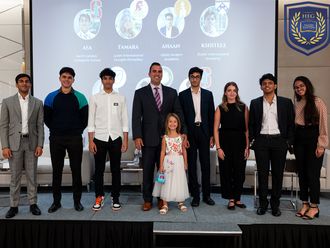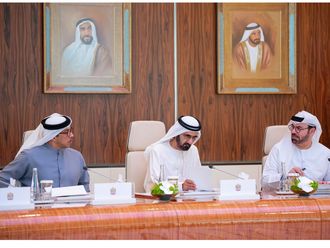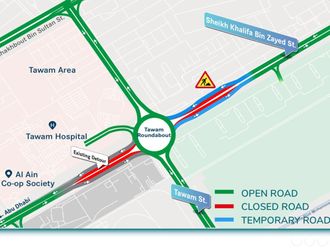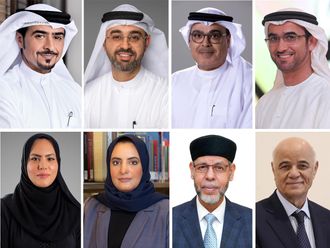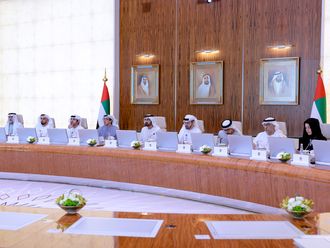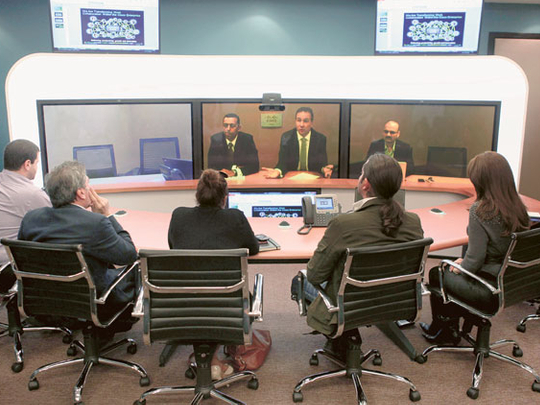
Dubai: The American University in Dubai (AUD) media and communications students can now get a truly global education with the introduction of TelePresence (TP) technology in their classrooms.
The Mohammad Bin Rashid School of Communications (MBRSC) inaugurated its global classroom initiative last week on campus, launching the custom-built Cisco TP 3210 technology. Through this video conferencing technology, which can host up to 16 countries simultaneously, AUD students will have access to professors, business leaders and guest lecturers around the world.
"The idea is to open up the programme and have some sort of cooperation with any university with similar technology," said Ali Jaber, Dean of MBRSC. "We know that Cisco have installed TP in 148 universities across the US, who are connected to their national research network…so the idea is to pinpoint the best courses given in those universities and offer them to our students here in Dubai."
Although TP technology is nothing new to students it does, however, help break down international barriers.
"It's not weird because we always Skype with each other but to have it in a classroom in High Definition is unique," said journalism student Abdullah Al Khal.
How it works?
Jaber added that the US universities' connection to their national research network enables them to access high capacity internet which is delivered to the US and back. This is a similar case for AUD here in the UAE. Frank Saifaee, who is IT manager at AUD, was partially responsible for the implementation of the university's new TP technology which cost an estimated $500,000 (Dh1.8 million).
"It's not just any room, it has to have specific dimensions, special lighting and sound-proofing," said Saifaee. He said the cost includes internet connectivity and an annual network membership.
"To set this up we decided to go with a different network operated by a different carrier called Ankabut (the Arabic word for spider) at Khalifa University," he said. "Ankabut is similar to internet two in the States; which is a dedicated and privileged internet network for certain institutions." He said companies and governments as well as the military also use the network.
So, essentially, AUD, through its regular internet connection by local providers, connects to the Ankabut network, which then connects it to the US' national research network.
"The way it works is it sits on top of commercial internet but is only accessible by credentials."
He added it is through such a network universities conduct grid computing and have all sorts of 3D computing animation. It is also how doctors conduct virtual surgeries. "Nasa uses it for space research and a lot of universities use it for their own research."



